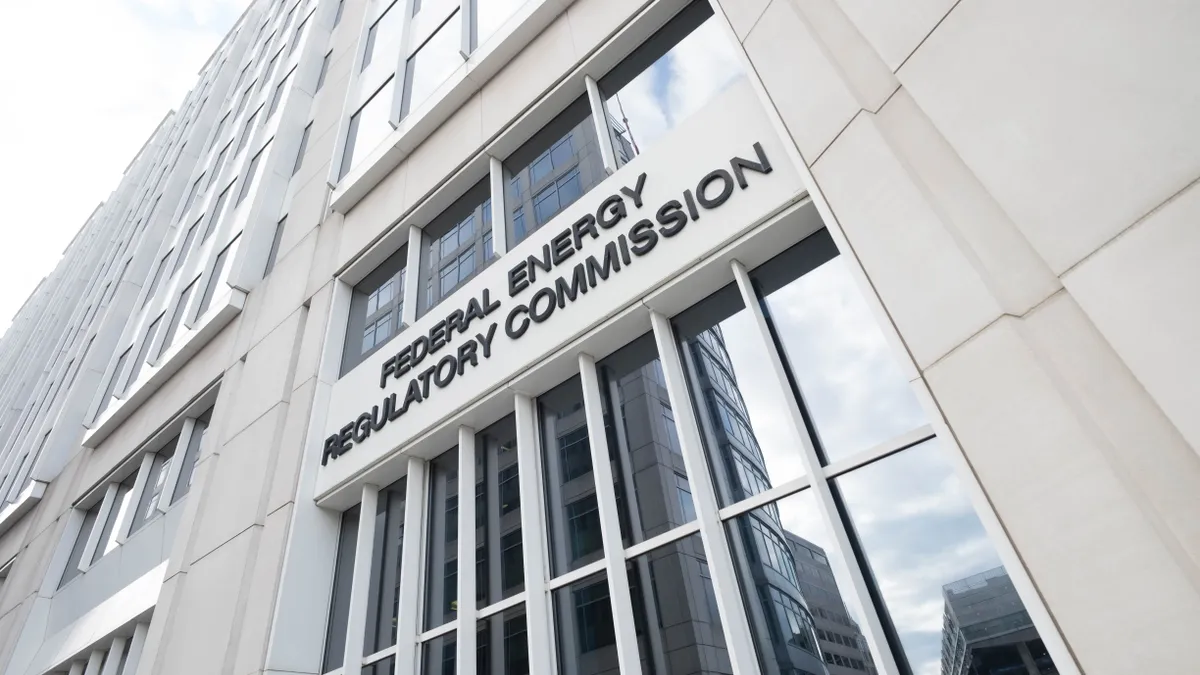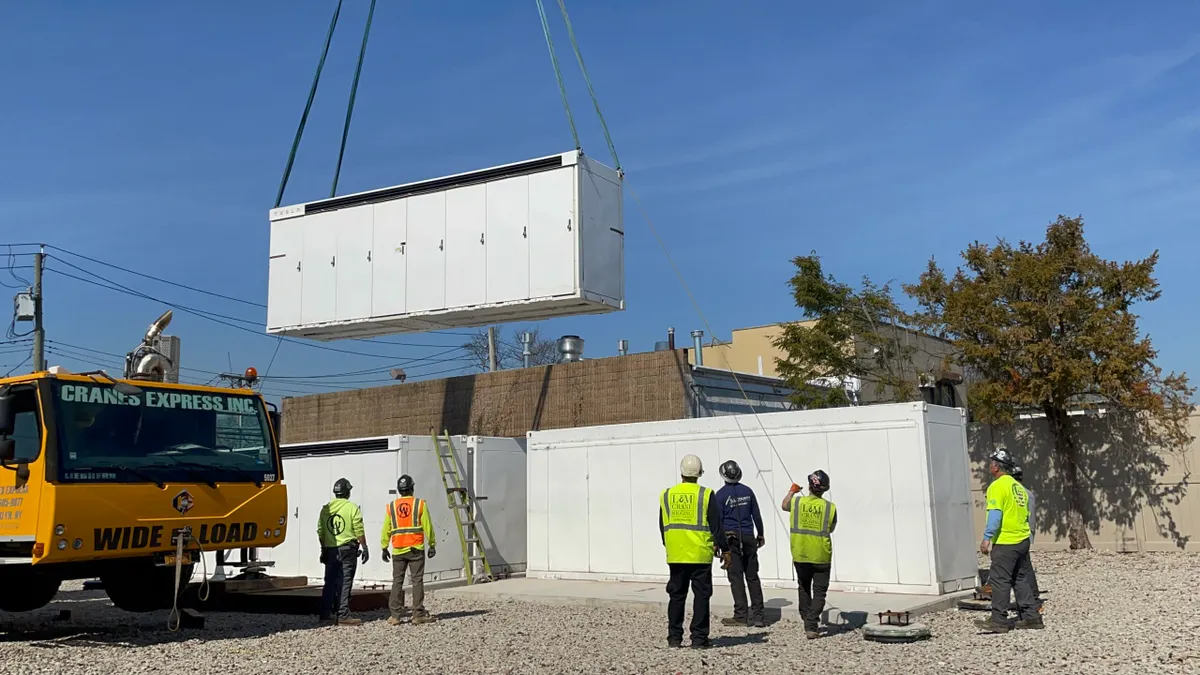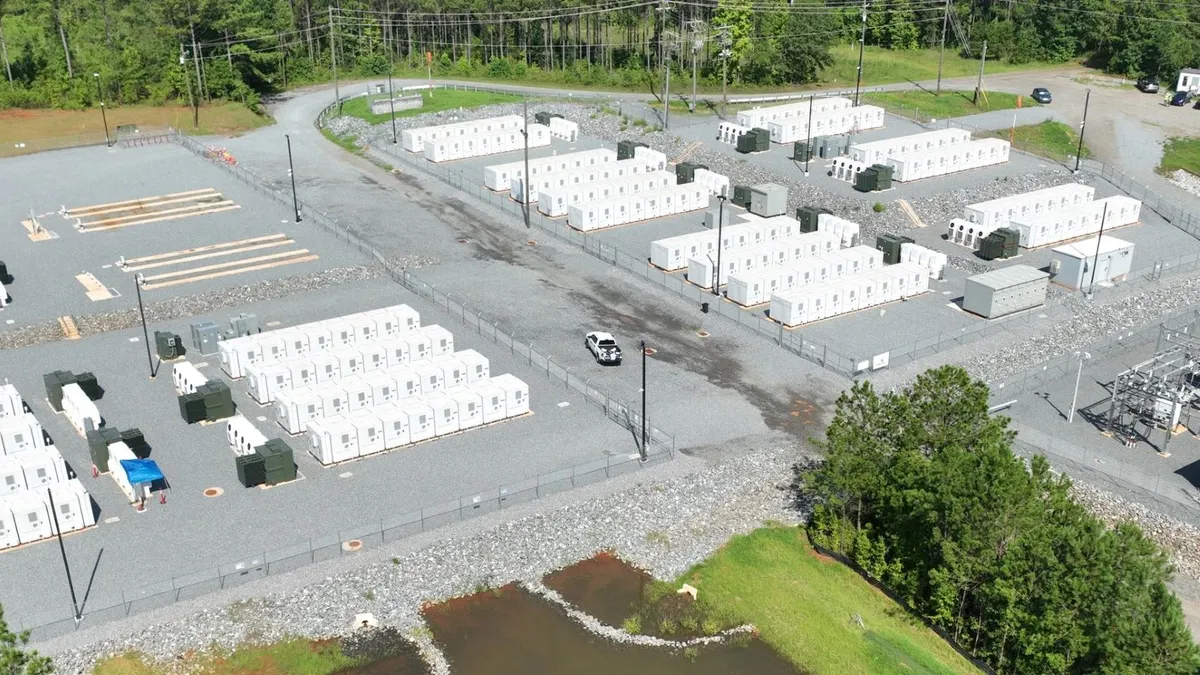The following is a contributed article by Tony Clark, Senior Advisor at the Law Firm of Wilkinson Barker Knauer LLP and former Commissioner on the Federal Energy Regulatory Commission; and Ray Gifford, Managing Partner of Wilkinson Barker Knauer's Denver Office and former Chairman of the Colorado Public Utilities Commission.
"Hard cases make bad law," or so goes the old legal adage. In light of the Federal Energy Regulatory Commission's broad attack on state and local jurisdiction in its recent denial of rehearing in Order No. 841, we would suggest you can add, "Popularity contests make for bad overreach."
At issue are matters related to how energy storage resources will connect to the grid and be compensated for the services they provide. And by any measure, storage is the popular new kid in the school of energy resources. It's not hard to see why. Energy storage helps solve one of the great conundrums of the electricity world: the need for electricity to be generated at precisely the time it is consumed.
The more widespread adoption of energy storage holds the potential of making markets more efficient and better enabling resources like wind and solar, whose Achilles' heels are their intermittency. It's not hard to see why FERC, and regulators generally, have a crush on the new kid.
Alas, infatuation can lead to decisions with far-reaching consequences. That brings us to the Order No. 841 rehearing requests.
A sweeping expansion of federal authority
A broad coalition of interveners, from non-profit public power, to rural electric cooperatives, to investor-owned utilities and state utility regulators, pointed out the obvious: the way FERC went about effectuating Order 841 was through a sweeping expansion of federal authority over matters once thought to be solely outside of its jurisdiction.
Specifically, FERC took aim at storage resources embedded within distribution assets. Under the construct of the Federal Power Act (FPA), FERC is supposedly handcuffed when it comes to regulating the distribution side of the utility business.
But for the FERC majority (Chairman Neil Chatterjee split from his fellow Republican Commissioner Bernard McNamee, and sided with the two Democratic Commissioners), the clear language of the FPA was little more than a speed bump. FERC is hanging its jurisdictional hat on an expansive reading of the Supreme Court's EPSA (Electric Power Supply Association) decision related to Order No. 745.
In that case, the Court found that certain practices affecting wholesale rates, though retail in nature, could conceivably fall under FERC jurisdiction.
Many observers correctly noted this was the proverbial federal camel's nose under the tent of state and local jurisdiction. But if the EPSA decision was the camel's nose, Order No. 841 is the nose, both humps, its hindquarters and tail all crowding into the tent, simultaneously pushing the states and local utilities out to the curb.
Commissioner McNamee, to his credit, makes this very point — albeit diplomatically.
Order No 745, for all its controversy, related to compensation for the non-use of facilities via demand response programs. It, along with the related Order No. 719, also gave certain deference to state and local authorities.
Order No. 841, on the other hand, actually commandeers the physical use of distribution assets, requiring local utilities to enable the federal directive. If the EPSA decision created a slippery jurisdictional slope, Order No. 841 is the sheer cliff.
Losing the balance on cooperative federalism
The majority must know this is legally problematic because it spilled a fair amount of ink trying — unconvincingly by our lights — to rebut the dissent. Oh sure, the majority intimates, these directives might impose costs, burdens, technical and reliability issues on the distribution grid, but those are other people's problems to fix, because FERC totally respects their jurisdiction.
Furthermore, in the majority's strained reasoning, they aren't really mandating anything; they are just saying state and local authorities have to ultimately facilitate, on FERC's behalf, the end result FERC has dictated.
Got it? No mandate at all. At best, it's a distinction without a difference; at worst, it's a bit of creative jiggery-pokery, to use Justice Scalia's famous phrase.
Unfortunately, this is what you get when a crush on an understandably popular technology drives the decision making process, rather than an adherence to the text and long-held understanding of the FPA.
Cooperative federalism embodied in statutes like the FPA is not without its tensions and gray areas. However, when cooperative federalism verges from co-relative jurisdictions and prerogatives into compulsory federal mandates reaching into the states' sphere, the balance has been lost.
It's not that energy storage is a bad thing — it's a good thing. But a power grab serviced in the name of a good thing is more dangerous than a power grab serviced for something obviously nefarious.
A court will likely strike down the latter, but far too many might let the former slide.
And if the courts do let it slide, then "Katy, bar the door." If FERC is empowered to do anything as broad as Order No. 841, so long as it's a practice "affecting wholesale rates," then there are no bumpers on federal jurisdiction, because everything, in some way affects wholesale rates. The Federal Power Act would be in Wickard v Filburn-territory where there are no effective limits on the authority of FERC.
It will only be a matter of time before local utility regulators' jobs will be whittled down to performing accounting exercises on wires-only distribution companies; dutifully playing the role of retail consumer bagmen on behalf of the federal government.
That's not cooperative federalism. That's Washington, DC running the electric grid — right down to the light switch (which clearly affects wholesale rates with its every flick).






















